Discover the subtle and not-so-subtle indicators that suggest you might belong to the upper class. From lifestyle choices to social habits, these signs can give you a glimpse into the elite world. Let’s explore each sign with engaging anecdotes, distinctive tones, and creative descriptions.
1. Owning Multiple Properties

Owning multiple properties often signifies wealth and sophistication. Imagine waking up in a countryside mansion, spending weekends in a beach house, and having a city apartment for business trips. Each property reflects a different aspect of your life, allowing flexibility and comfort.
Investing in real estate not only secures financial stability but also portrays an image of success and prestige. The ability to manage these properties showcases your knack for business and taste for luxury.
Did you know? Historically, owning land was the ultimate status symbol, and it continues to hold significant value today.
2. Exclusive Club Memberships
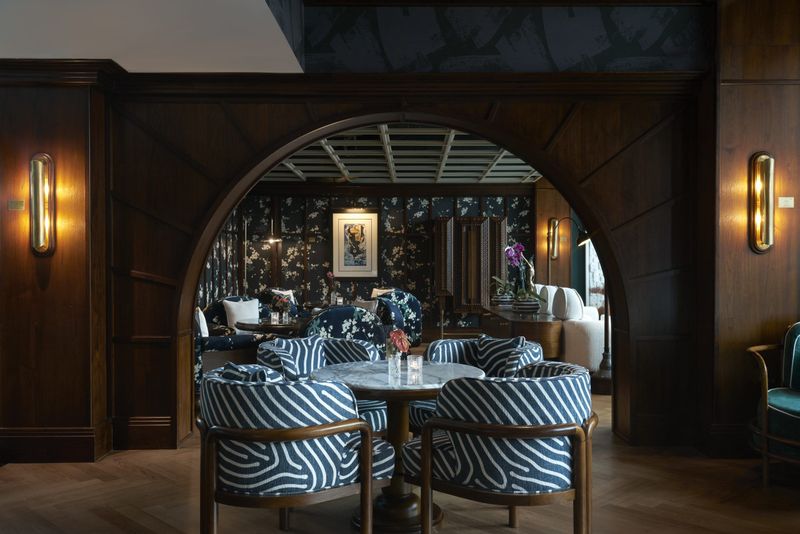
Membership in exclusive clubs often marks someone as part of the elite. Imagine sipping a fine wine in an upscale lounge surrounded by a select group of influential individuals. These clubs offer more than luxury; they provide a network of connections and social standing.
Access to private events and spaces allows for unique cultural and business opportunities. Being part of such a circle means you’re in the know, both socially and economically.
A fun fact: Many historical decisions were made in such clubs, where the world’s elite gathered to discuss pivotal matters.
3. Private Education
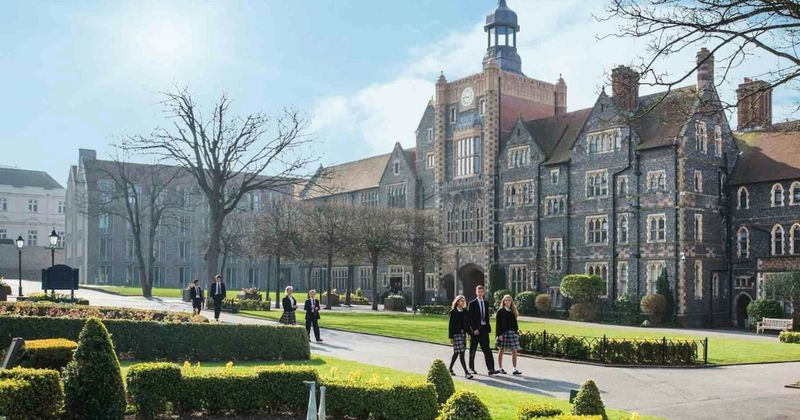
Private education is often a hallmark of the upper class. Imagine attending a school where tradition meets modernity, offering not just education but a legacy. These institutions provide an environment rich in resources and opportunities.
The alumni network alone can open doors to prestigious universities and influential careers. It’s about fostering not just academic excellence but social poise and leadership.
Historically, private schools have been gateways to privilege, creating a lineage of educated and well-connected individuals.
4. Art Collection
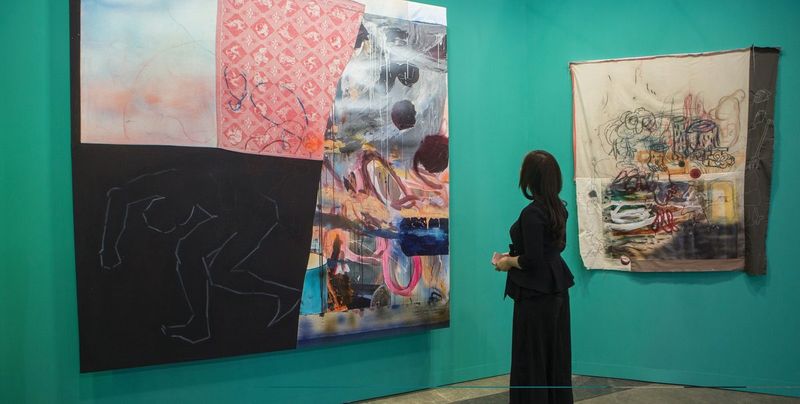
Owning an art collection is a sophisticated way to express individuality and taste. Each piece tells a story, showcasing cultural appreciation and intellectual depth. Envision a home where every wall speaks of a journey through creativity and history.
Art is an investment in culture and beauty, often increasing in value over time. It’s about more than aesthetics; it’s about understanding and preserving heritage.
Did you know? Many renowned art collectors have played crucial roles in preserving cultural history by supporting emerging artists and museums.
5. Philanthropy and Charity Work

Philanthropy is more than just giving; it’s a commitment to making a difference. Picture a grand gala where generosity meets glamour, with influential figures coming together for a cause. Charity work among the upper class often extends beyond mere donations.
It’s about initiating projects, creating foundations, and inspiring others. This dedication reflects a sense of responsibility and goodwill.
Historically, philanthropy has been a way for the wealthy to give back, shaping communities and leaving lasting legacies.
6. Fashion and Personal Style
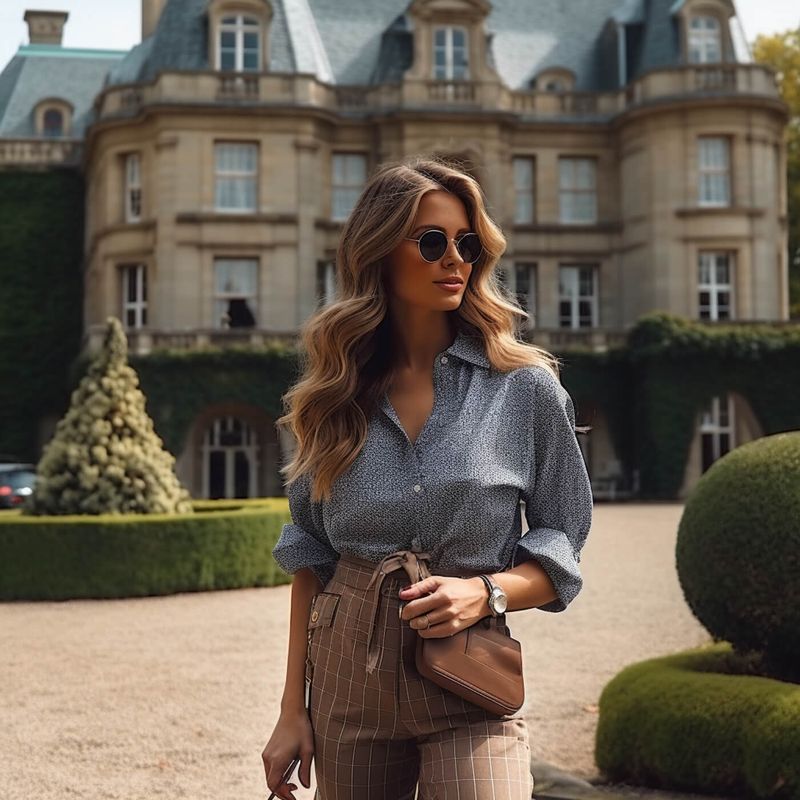
Fashion for the upper class is not just about clothing; it’s a personal statement. Picture attending a fashion show where every piece is a work of art, and personal style speaks volumes about who you are.
From bespoke tailoring to exclusive brands, fashion becomes an expression of identity and status. It’s about being a trendsetter, not a follower.
Fun fact: Historically, fashion has been a key indicator of social status, with styles often originating from royal courts and elite circles.
7. Fine Dining and Culinary Experiences

Fine dining goes beyond just eating; it’s an experience of artistry and taste. Imagine a dinner where each course tells a story, crafted by world-renowned chefs. Culinary experiences like these are a staple for the upper class.
It’s about savoring the best, from exotic ingredients to rare wines. This dining style reflects a refined palate and a love for the extraordinary.
Did you know? Many famous chefs work exclusively for private clients, creating personalized menus that cannot be found anywhere else.
8. Luxury Travel

Luxury travel is a journey in comfort and style. Envision boarding a private jet, where the destination is as unique as the journey itself. For the upper class, travel is about exclusivity and personalization.
Exploring hidden gems and experiencing cultures in opulence is a true privilege. It’s not just about where you go but how you get there.
A fascinating tidbit: Many luxury travelers have bespoke itineraries created for them, incorporating their personal tastes and interests, making each trip truly unique.
9. Personal Staff

Having personal staff is a hallmark of the upper class, offering convenience and efficiency. Imagine a household running like a well-oiled machine, with staff attending to every detail, from housekeeping to gourmet meals.
This lifestyle provides more than comfort; it allows focus on personal and professional pursuits. Personal staff often become trusted members of the household, ensuring seamless daily operations.
Did you know? Traditionally, large estates required entire teams of staff, reflecting the wealth and status of the household.
10. Investments and Financial Management

Investments are the backbone of financial growth among the upper class. Picture a scenario where strategic decisions lead to wealth generation, managed by seasoned professionals. These decisions are not just about profits; they’re about securing legacies.
Financial management involves diversification, understanding markets, and planning for future generations. It’s a dynamic process that reflects foresight and intelligence.
Fun fact: Many of the world’s wealthiest individuals have amassed their fortunes through smart investments and continuous adaptation to economic changes.
11. Cultural Appreciation and Education
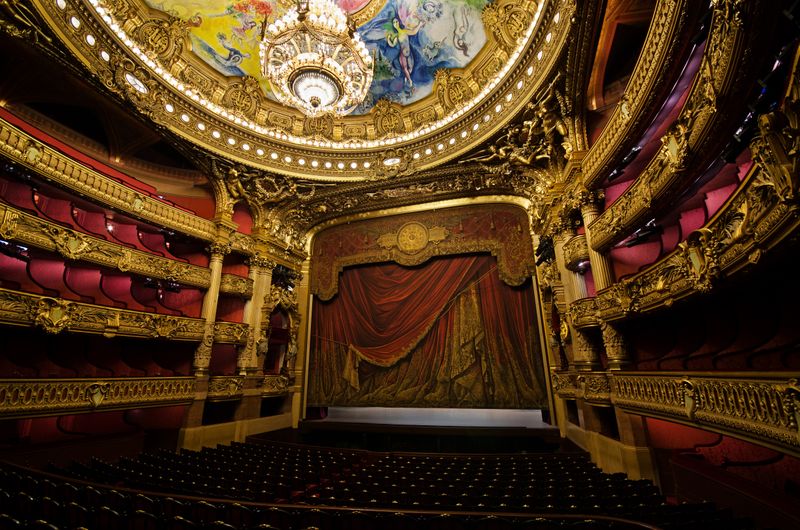
Cultural appreciation is a defining trait of the upper class. Imagine attending an opera, where the interplay of music and storytelling captivates the senses. Education and appreciation for the arts go hand in hand, enriching both mind and soul.
This engagement reflects a commitment to lifelong learning and an embrace of diversity. It’s about valuing creativity and supporting artistic endeavors.
Did you know? Many cultural institutions rely on the support of patrons, whose contributions help preserve and promote the arts for future generations.

Mother of three and a primary school teacher. I’ve always loved being around children and helping them, so I chose my path as a teacher. It is sometimes hectic with three children, but I am 100 percent into it and wouldn’t change it for anything in the world.

